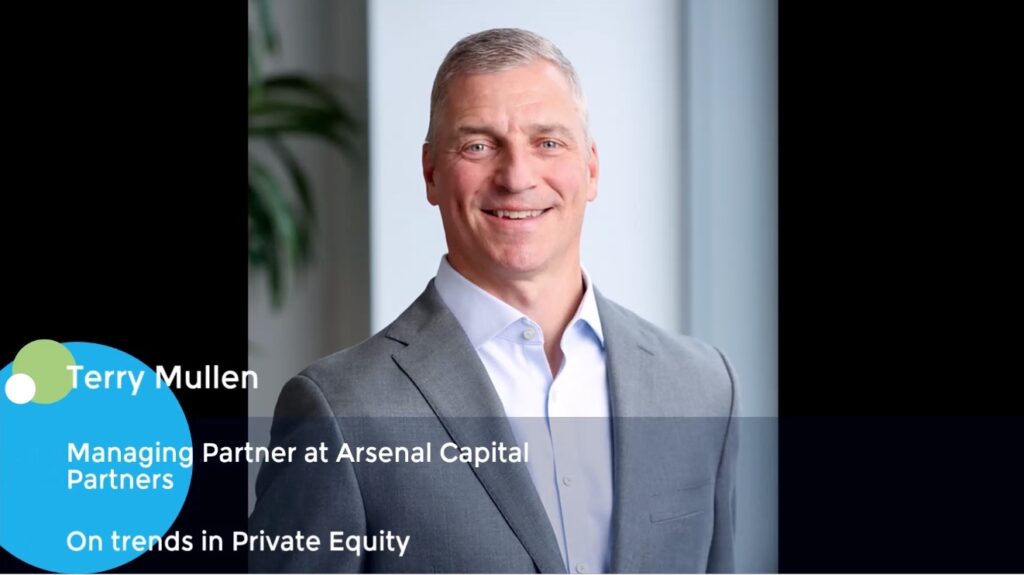Private equity-backed IPOs regain traction but grapple with investor discipline
- 3Q25 marks strongest third quarter for PE-backed IPO issuance since 2022
- Investors focus on growth, margins, and balance sheet quality
- 2026 pipeline looks promising with large sponsor-led listings
Private equity-backed IPOs have regained momentum in the US this year as sponsors return to the public markets to unlock long-delayed capital, even as they continue to face high investor scrutiny.
Issuance reached USD 12.8bn in 3Q25, well above the USD 9.9bn recorded a year earlier, marking the strongest third quarter for IPOs since 2022, according to Dealogic data.
Throughout the year, this category of issuers has experienced its fair share of ups and downs.
Early in 2025, Thoma Bravo-backed SailPoint became a cautionary tale of over-confidence and misjudged demand. The deal was upsized and priced above range on the assumption investors would chase it, only to break issue immediately. The listing reminded other PE-backed issuers that disciplined pricing and healthy aftermarket performance matter more than maximizing day-one proceeds, as previously reported.
Only a few months later, Apollo-backed Aspen Insurance became one of the first listings to reopen the market following volatility prompted by April’s Liberation Day. The transaction, long anticipated and supported by strong institutional awareness, was viewed as fairly priced and resonated well with investors thanks to its clean equity story.
The summer reinforced the idea of a mixed performance for sponsor assets. NIQ and McGraw Hill, two of the most closely watched sponsor-backed IPOs of the season, both traded lower on debut as investor attention shifted toward a series of high-profile technology offerings including CoreWeave, Circle and Figma, market participants noted at the time.
The second half of the year has provided evidence that sponsor-backed issuance can perform when expectations are calibrated. Alliance Laundry Holdings, backed by BDT & MSD Partners, raised about USD 826m in its October IPO and opened well in early trading. Phoenix Education Partners, owner of the University of Phoenix and backed by Apollo Global Management and Vistria Group, listed the same week to positive reception, both coming right before the government shutdown.
“You’re getting down-the-fairway sponsor assets like an Alliance Laundry that are getting done and done well,” one ECM banker said, adding that investors are realizing alpha from these names.
While the expanding backlog is promising, tension points remain.
Bankers and investors note that sponsors are still under pressure to return capital to limited partners after several years of muted exits. The buy side has become increasingly selective.
Investors are laser-focused on consistent growth, margin expansion, free cash flow and balance sheet flexibility, particularly in a higher-rate environment, one syndicate banker noted. Deals that meet these standards perform well; others falter.
He added that aftermarket dips can recover if a company delivers on its strategy and restores confidence through results.
One public investor said balance sheet quality and float size are central to investment decisions. Sponsor-backed IPOs coming to market with leverage above 3x EBITDA still “tend not to do all that well,” he said. Many issuers are using free cash flow to reduce debt toward sub-3x levels within six to 12 months.
“Ideally, from our point of view, we’d like to see these assets come with less than three times leverage,” he said. He also noted that sponsors are improving liquidity by increasing floats, allowing institutions to build meaningful positions earlier.
Still, market participants say the renewed pickup in sponsor activity reflects a clear improvement from 2022 and 2023, when private equity participation was far less visible. Medline, the medical supplies platform backed by Hellman & Friedman, Carlyle and Blackstone, is among the large names expected to hit the market before year-end, with a valuation that could top USD 50bn.
In addition, construction-equipment rental provider EquipmentShare, another BDT & MSD Partners-backed company, is seriously considering filing its S-1 publicly in the coming days, as reported, giving it the option to move ahead with an IPO under the 20-day rule amid the ongoing government shutdown.
Steve Maletzky, head of equity capital markets at William Blair, said funds that had previously avoided listings are now significantly increasing their focus on public exits. “It’s more consistently being viewed as a viable path to liquidity, and we’re seeing timelines from IPO to secondary liquidity compressed materially,” he said, meaning sponsors are moving quicker to monetize once the stock trades steadily.
With the US government shutdown still in place, the fourth quarter has a long way to go to top the USD 14.5bn recorded in the final quarter of 2024. But the pipeline shaping up for 2026 offers reasons for optimism.
Copeland, the Blackstone-backed climate-technologies business carved out of Emerson Electric, has held early-look meetings with investors and is expected to list next year, this news service recently reported. TPG Capital-backed Delinea, a cybersecurity company that explored a sale earlier this year, is also preparing an IPO for 2026 after a private auction track failed to reach agreement. Hellman & Friedman-backed Caliber Holdings is also expected to launch sometime next year.
William Blair’s Maletzky noted that even funds that had sworn off the IPO market after their experiences during the prior window are returning, encouraged by recent momentum and the success of other deals.
As a result, bankers are increasingly in dialogue with sponsors evaluating the IPO option with renewed confidence.
“There is still a significant amount of supply that needs to find its way to the public markets,” Deutsche Bank’s Nick Williams said.











